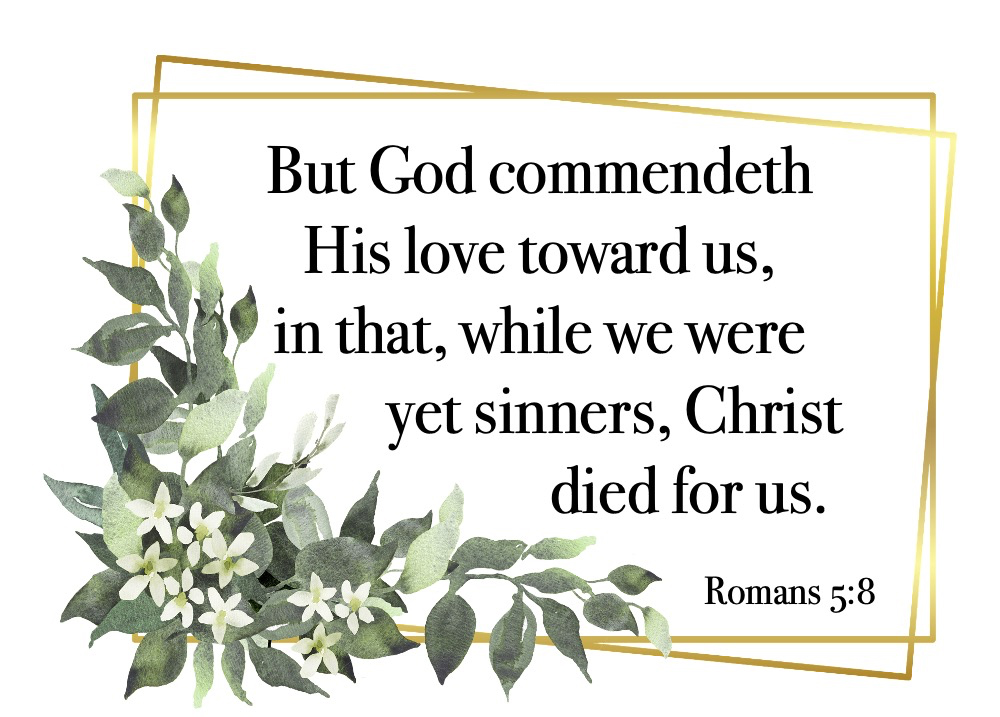Many Christians envision a furious God up in the sky who despises sin so much that He has no choice but to pour out His vengeance on someone. So He decided to punish His Son, Jesus, for our crimes rather than us. That causes many to wonder what type of God He is if He is ready to brutally torment His own Son for the crimes of others. It makes us question whether God can truly be trusted.
God is not a cruel tyrant who hurt His innocent Son on the cross. God as a loving father whose Son took the pain of our mistakes and held it in the consuming fire of His love until sin was destroyed. God's objective was not to punish Jesus instead of us, but to destroy sin in the only vessel capable of holding it until sin was destroyed—in His only begotten Son.
The world has two enormously different views of God’s wrath and sin. The main view taught today is from Greek philosophy where God is detached and unapproachable and Jesus needed to suffer and die to appease God’s wrath intended for us.

Love in Action
God’s wrath is not the opposite of love, but an expression of His love in His willingness to do whatever it takes to stop the sin leading to our destruction.

We can see how the view of sin changed by looking at how Athanasius o Alexandrea (298 – 373) described God’s view of sin in the 300s with how Jonathan Edwards described God’s view of sin in the 1700s. The vast difference is a tragic.
Athanasius’ Description
Athanasius of Alexandria (c 296-373) was a renowned Christian theologian, a Church Father, and had a leading role against the Arians in the First Council of Nicaea.
"It was unworthy of the goodness of God that creatures made by Him should be brought to nothing through the deceit wrought upon man by the devil; and it was supremely unfitting that the work of God in mankind should disappear, either through their own negligence or through the deceit of evil spirits.
As, then, the creatures whom He had created reasonable, like the Word, were in fact perishing, and such noble works were on the road to ruin, what then was God, being Good, to do? Was He to let corruption and death have their way with them? In that case, what was the use of having made them in the beginning? Surely it would have been better never to have been created at all than, having been created, to be neglected and perish; and, besides that, such indifference to the ruin of His own work before His very eyes would argue not goodness in God but limitation, and that far more than if He had never created men at all. It was impossible; therefore, that God should leave man to be carried off by corruption, because it would be unfitting and unworthy of Himself."
Jonathan Edwards View
Now fast forward to the 1700s. Jonathan Edwards was a preacher, theologian, and missionary to Native Americans. He is considered to be America’s most important theologian.
"The bow of God’s wrath is bent, and the arrow made ready on the string, and justice bends the arrow at your heart, and strains the bow, and it is nothing but the mere pleasure of God, and that of an angry God, without any promise or obligation at all, that keeps the arrow one moment from being made drunk with your blood."
Jonathan Edward’s view makes me ill. Worse yet, is the Calvinist teaching that God’s wrath toward man is pacified by Christ but only for the elect. Look at the distorted teaching about God’s wrath and who He died for: “Christ died for the unbelief of the elect so that God’s punitive wrath is appeased toward them” (What We Believe About the Five Points of Calvinism).

Jesus died for all people, not just the elect (John 3:16). Jesus Christ went to the cross to alter us, not to change God. He did not die to appease the Father's wrath or to restore his shattered heart. Jesus Christ went to the crucifixion to put an end to and reverse the Fall, to reconcile fallen Adamic existence to his Father, to systematically eliminate our estrangement, and to realize his Father's dream for our adoption in his ascension.
God’s Wrath is Toward Sin not the Sinner

God’s wrath is toward sin not the sinner. He is furious with the sin disease that infiltrated man from the inside out live causing chaos desolating the God’s plan. There is no deed he can take that is not motivated by enthusiastic love. but God shows his love for us in that while we were still sinners, Christ died for us. Romans 5:8
His love does not leave us because we are sinners. God’s divine love vigorously fights things that destroy us. We are involved in a remarkable, marvelous love story!

Slow to Anger
God is enraged when we oppress one another and wreck his earth, just as you would be if you saw a child being mistreated on the playground. God's rage in the Bible is an expression of his justice and love for the world. But because he is slow to anger, he gives individuals plenty of time to change.
As shown in the Bible Project video at the top of this page.

Paul says God's wrath is being revealed against human wrongdoing, and then he describes it three times (Romans 9). God abandons individuals to their destructive impulses and decisions, even if they result in death. But, according to Paul, God is also patient, giving individuals time to come to their senses and reform. Because God's rage is a reaction to human evil, and it is founded on a deeper character trait: his compassion and devoted love. God is not content to see people destroy themselves.
God is on a Rescue Mission Throughout the Bible in Both Testaments
Jesus died to show God's love. He would stand in the place of his people, who had chosen self-destruction, and bear the repercussions of their actions. We see God's wrath against evil and His love for humans working together in Jesus' life, death, and resurrection to provide forgiveness and life for a humanity trapped in self-ruin.

God's wrath in the Bible is significant, but it is not the conclusion of the story. God is angry and brings justice because He is good. And He's exceedingly patient as He works out His strategy to reintroduce people to His love.
Don't picture a terrible God behind Jesus' death, but rather a Father mourning for all his lost children. What extraordinary lengths the Father and Son went to ensure that we may live our lives under their love!












